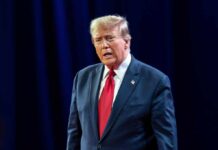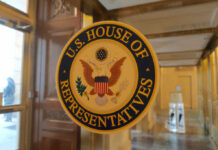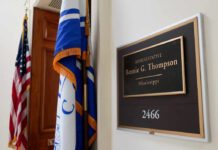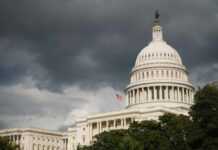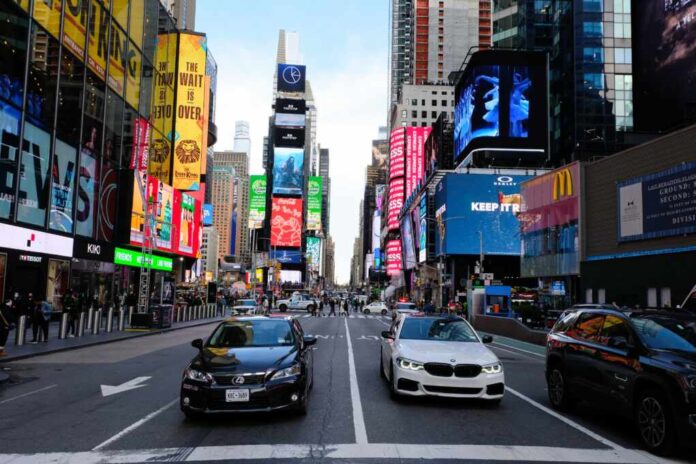
New York City is beginning the enactment of congestion pricing mandates which will increase the amount of money it costs for people to drive in Manhattan.
The liberal city is set to charge a minimum of $15 for those driving south of 60th Street in the borough. There are certain exceptions to the daily toll, such as traveling on the Franklin D. Roosevelt East River Drive and the West Side Highway. The first of its kind policy is finally being implemented after years of development.
🚖 New York City will begin to charge vehicles $15 and up to drive in Manhattan below 60th Street.
It's a first-in-the-nation policy that other American cities — like Seattle, San Francisco and Washington, D.C. — might be eager to replicate.https://t.co/hWJhKKOZCD
— Axios (@axios) April 8, 2024
The plan, set to become effective in the middle of June, will automatically charge $15 a day to drivers who travel in what is called Manhattan’s “central business district.” Motivation for the controversial policy is to limit traffic congestion, improve air quality and gain $1 billion each year to improve public transportation in the city.
According to the Metropolitan Transportation Authority (MTA), a 17% decrease in vehicles in the zone is anticipated. Drivers will be charged the higher toll price during “peak hours” of congestion, which includes 5 a.m. until 9 p.m. during the week and 9 a.m. until 9 p.m. on weekends. When traveling in the zone outside the hours, the toll for drivers will be $3.75.
Trucks and buses, however, will be charged either $24 or $36. The specific toll will vary based on the “size and purpose” of these large vehicles. Additionally, riding in an Uber or Lyft in the zone will result in an additional charge of $2.50.
The congestion pricing policy has been met with contrasting support and backlash from the public. While the plan has an approval rating of 60% via public comments, there have been six federal lawsuits filed against the city that are threatening to inhibit the policy’s implementation. Among those submitting legal challenges is New Jersey Gov. Phil Murphy (D), who argued that pollution will not be removed under the policy but merely “displaced” from New York City to New Jersey.
Additionally, former New York Gov. Andrew Cuomo (D), who first signed the policy into law back in 2019, has said that “many things have changed” since then, urging leaders to “seriously consider if now is the right time to enact it.”
The MTA board voted on March 27 to approve the plan, which does not include school buses, commuter buses or certain government vehicles in the obligatory tolling system. Commissioner and elected official vehicles are not exempt from the policy.





